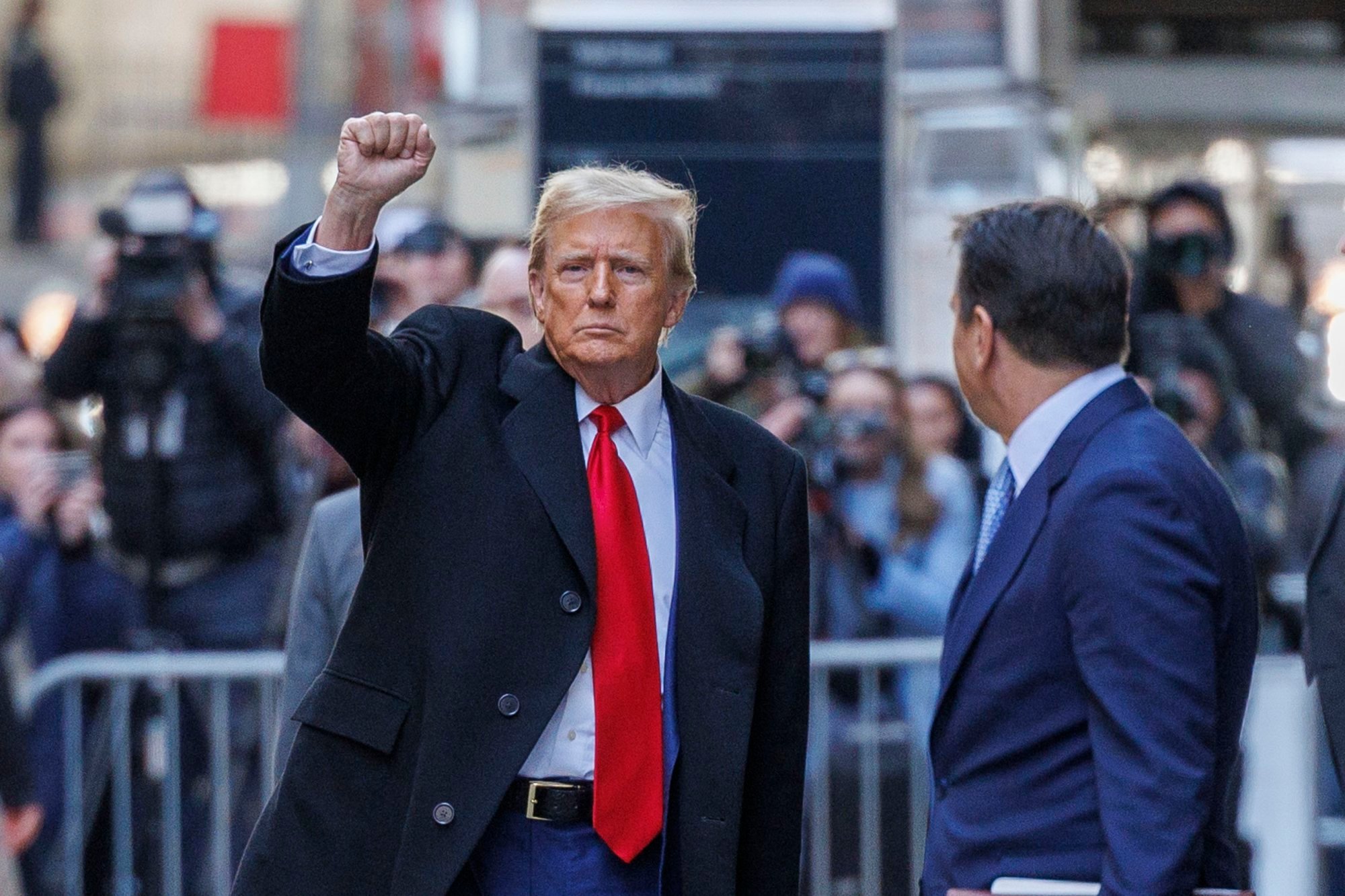
All losers after Biden plays China card in attempt to win votes
- Latest US protectionist moves targeting Chinese steel and aluminium imports, together with other measures, risk another damaging round of trade war
Put it down to election-year politics in the United States, but the latest protectionist moves by President Joe Biden and his administration against Chinese products are not without global risk. That is whether they trigger another round of the US-China trade war, which is not what the world needs on top of real wars in Ukraine and the Middle East.
Biden has called for a tripling of tariffs on Chinese-made steel and aluminium imports from 7.5 per cent to around 22.5 per cent. And the US Trade Representative’s office has announced a Section 301 investigation into China’s maritime, logistics, and shipbuilding sectors.
These probes usually result in protectionist action.
Biden is playing the China card for industrial workers’ votes as he faces a tough battle for re-election in November. He is trying to avoid looking weak on trade against his opponent Donald Trump, the former Republican president who has campaigned on protectionism and promised a 60 per cent tax on imported Chinese goods.

Perversely, both men’s policies would raise prices for US consumers.
Chinese steel exports rose sharply last year to 90 million tonnes, testament to the dismal state of the country’s property market, usually a major driver of domestic demand for steel. China has been trying to reduce steel production gradually, but the industry remains a key engine of growth, exports and job creation.
So abruptly and drastically reducing steel production is not an option. China argues that it enjoys a price advantage because steel production is energy-intensive and it has lower electricity tariffs, not because it is subsidising production.
Aluminium and its products, of which China is by far the largest exporter, are a different story. The metal is a critical resource for the new-energy sector, where the US is mindful that China is gaining dominance.
So this is less to do with exporting a problem to the rest of the world, and more to do with chipping away at China’s dominance.
Biden accuses China of ‘cheating’ amid call for added steel, aluminium tariffs
Politics is also to be found in the timing of Biden’s steel and aluminium announcement, coming before a cheering crowd at a steelworkers’ union headquarters. He could have chosen to make it at any time.
But to do it now, so soon after the visit to China by US Treasury Secretary Janet Yellen, and ahead of a visit by Secretary of State Antony Blinken, is seen as a warning that the US is ready to talk tough. Regardless of whether it is linked to Blinken’s visit, it will make the atmosphere more contentious.
Along with tensions in the South China Sea, it does nothing to enhance diplomatic efforts.
This is why expanded high-level exchanges between the two countries are having a limited impact so far in improving the relationship or easing tensions. It is more a case of both sides acknowledging conflict while it continues to escalate or grow.

